Mute Hee-Jin is working as a clerk in a fishing resort in the Korean wilderness; selling baits, food and occasionally her body to the fishing tourists. One day she falls […]
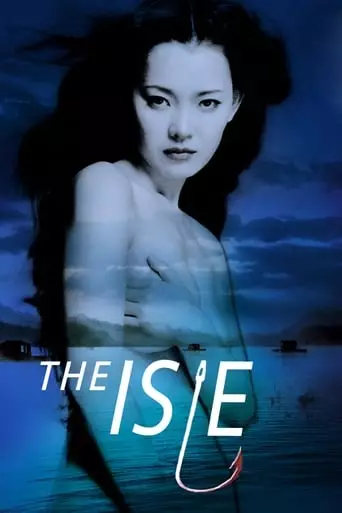
Mute Hee-Jin is working as a clerk in a fishing resort in the Korean wilderness; selling baits, food and occasionally her body to the fishing tourists. One day she falls […]
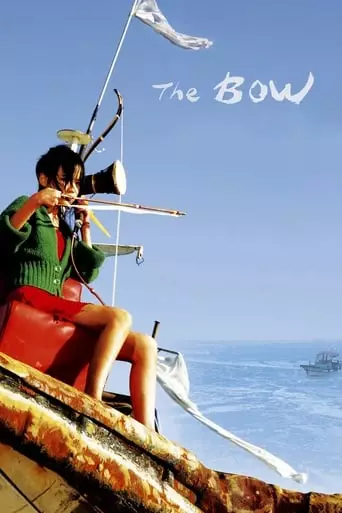
On a fishing boat at sea, a 60-year old man has been raising a girl since she was a child. It is agreed that they will get married on her […]
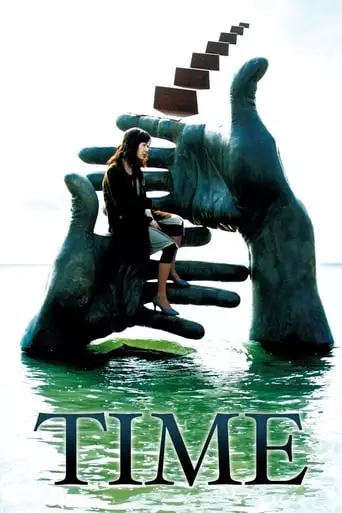
Consumed by jealousy, a woman takes an extreme step and undergoes surgery for a new face. Although her lover of 2 years misses her, he falls in love with the […]
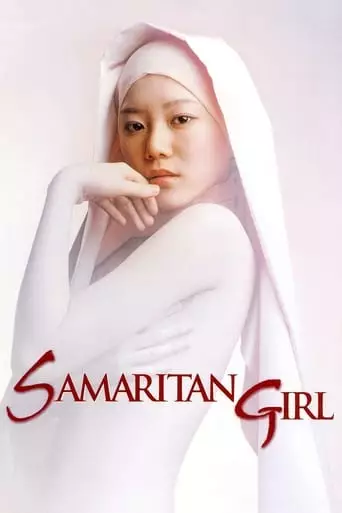
A police officer confronts his teenage daughter while they are on holiday together after learning she is moonlighting as a prostitute with the help of a friend.
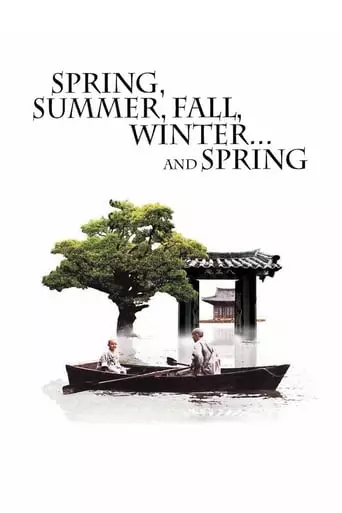
An isolated lake, where an old monk lives in a small floating temple. The monk has a young boy living with him, learning to become a monk. We watch as […]
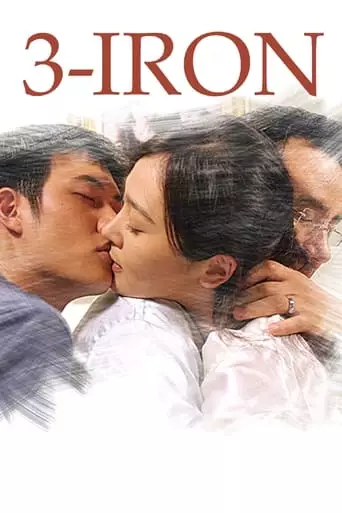
A young man, whose only possession is a motorcycle, spends his time riding around the city looking for empty apartments. After finding one, he hangs out for a while, fixing […]

A loan shark is forced to reconsider his violent lifestyle after the arrival of a mysterious woman claiming to be his long-lost mother.
Kim Ki-duk: A Provocative Auteur of Korean Cinema
Kim Ki-duk (1960–2020) was a South Korean filmmaker renowned for his unconventional, provocative, and often controversial approach to storytelling. Known for exploring themes of human suffering, desire, and spirituality, Kim’s films are characterized by their poetic minimalism, raw emotional intensity, and stark visual style.
Over his prolific career, Kim gained international acclaim for works like Spring, Summer, Fall, Winter… and Spring (2003) and Pietà (2012), while also sparking debates for the brutal and unsettling imagery in many of his films. Despite the polarizing nature of his work, Kim remains one of the most influential figures in contemporary Korean cinema, with a legacy defined by his fearless exploration of the human condition.
Early Life and Path to Filmmaking
Kim Ki-duk was born on December 20, 1960, in Bonghwa, South Korea. Raised in a rural environment, he initially pursued a career as a painter before transitioning to filmmaking. Kim did not receive formal film education but developed his craft through self-learning and independent experimentation.
His unique background and outsider status within the Korean film industry informed his iconoclastic approach to cinema, allowing him to create works that defied mainstream conventions.
Early Career: A Unique Voice Emerges
Kim debuted as a director with Crocodile (1996), a gritty and uncompromising story about an unlikely bond between a violent man and a suicidal woman. The film introduced many of the hallmarks of Kim’s style: sparse dialogue, emotionally charged visuals, and a focus on marginalized characters.
Subsequent films like The Isle (2000) and Address Unknown (2001) further established Kim’s reputation as a provocateur unafraid to tackle taboo subjects. While some critics were unsettled by his graphic depictions of violence and sexuality, others praised his willingness to push boundaries and explore the darker facets of human nature.
International Recognition
Kim’s breakthrough on the international stage came with Spring, Summer, Fall, Winter… and Spring (2003), a meditative exploration of life’s cyclical nature set against the backdrop of a floating Buddhist monastery. The film’s serene visuals and philosophical undertones resonated with audiences worldwide, marking a departure from the more brutal tone of his earlier work.
Other internationally acclaimed films followed:
3-Iron (2004): A minimalist romantic drama about a silent drifter who enters empty homes and a woman trapped in an abusive marriage. The film won several awards, including the Silver Lion for Best Direction at the Venice Film Festival.
Pietà (2012): A harrowing tale of a loan shark confronted by a woman claiming to be his mother. The film won the prestigious Golden Lion at the Venice Film Festival, solidifying Kim’s status as a major auteur.
Themes and Style
Kim Ki-duk’s films are deeply introspective and often revolve around characters who exist on the fringes of society. Common themes in his work include:
Human Suffering: Kim’s narratives frequently delve into the darkest corners of human experience, portraying pain, loss, and redemption.
Spirituality: Films like Spring, Summer, Fall, Winter… and Spring reflect his interest in Buddhist philosophy and the search for transcendence.
The Power of Silence: Many of Kim’s characters are defined by their lack of dialogue, relying on body language and visual storytelling to convey emotion.
Ambiguous Morality: His films blur the lines between victim and perpetrator, challenging audiences to grapple with uncomfortable moral questions.
Visually, Kim’s work is marked by a minimalist aesthetic, with long takes, carefully composed frames, and a keen attention to the interplay between characters and their environments.
Controversies and Criticism
Kim Ki-duk’s career was not without controversy. His graphic depictions of violence, particularly toward women, drew criticism from feminist scholars and activists. Additionally, allegations of on-set abuse and misconduct tarnished his reputation in the later years of his life.
These controversies sparked debates about the line between art and the artist, with some defending Kim’s work as unflinching explorations of human nature, while others condemned it as exploitative.
Legacy and Impact
Kim Ki-duk passed away on December 11, 2020, due to complications from COVID-19 while in Latvia. Despite his contentious career, his contributions to cinema remain significant.
Kim’s films continue to inspire and provoke audiences, offering a stark, unfiltered lens through which to examine humanity’s complexities. His ability to evoke profound emotions with minimal resources and his willingness to challenge societal norms have left an indelible mark on both Korean and global cinema.
Conclusion
Kim Ki-duk was a filmmaker of contradictions—simultaneously celebrated and reviled, poetic and brutal, minimalist and intense. His body of work remains a testament to his audacity as an artist and his commitment to exploring the depths of the human experience.
For those willing to confront his challenging narratives, Kim’s films offer a unique and unforgettable cinematic journey, cementing his place as one of Korea’s most daring and influential auteurs.